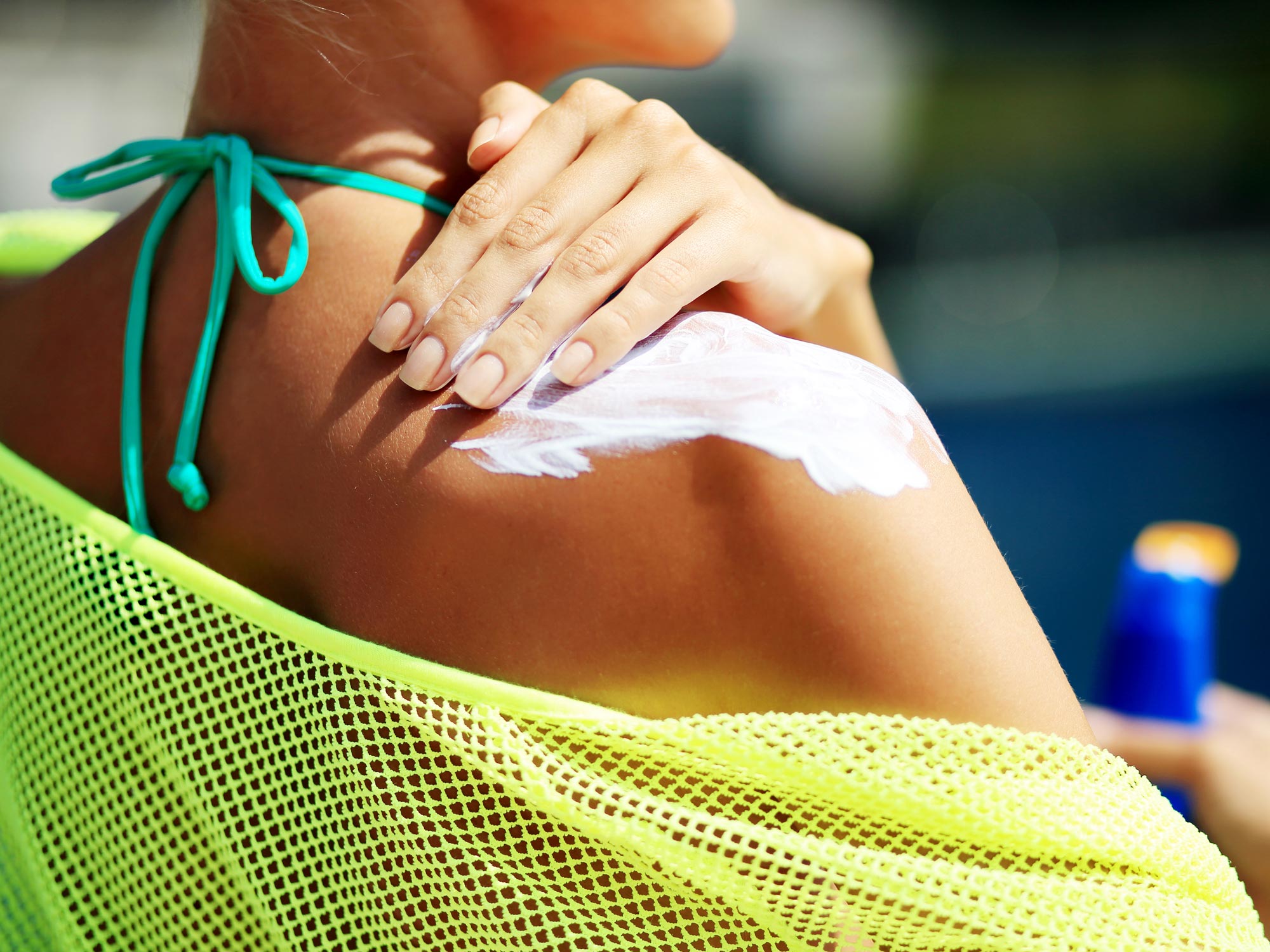Get Easy Health Digest™ in your inbox and don’t miss a thing when you subscribe today. Plus, get the free bonus report, Mother Nature’s Tips, Tricks and Remedies for Cholesterol, Blood Pressure & Blood Sugar as my way of saying welcome to the community!
When it comes to cancer, the sun may be your best friend

There’s a lot of misinformation swirling around about the sun and how it affects your health. And if you plan to get out in it this summer, it’s the perfect time to set some facts straight…
First, getting sunburned is not a healthy practice. But spending just 15 minutes a day in direct sunlight — without sunscreen — can be beneficial for most people.
Now, the keywords here are “without sunscreen.” Apply, instead, a little moderation.
Because getting some unfiltered sun on your skin can actually help fight cancer…
The sunscreen conundrum
Spending time in the sun causes your body to produce a highly potent cancer-fighting substance — vitamin D. In fact, research has shown that vitamin D actually diminishes risks for pancreatic, colorectal, breast, ovarian and prostate cancer. It even has been shown reduce the risk of developing advanced cancer by 38 percent.
That being said, there are times when sunscreen comes in handy. When you’re spending hours in the intense summer sun — like at the beach where the sun’s rays feel like a burning laser — there is no question that you need to protect yourself.
But choosing the right sunscreen creates yet another conundrum…
You might think that choosing a brand with a higher SPF would keep you safe. But you’d be dangerously wrong…
Yes, in an interesting twist of irony, the sunscreens you use to prevent cancer can actually cause cancer themselves. And here’s why…
Chemical sunscreens contain chemical UV filters that are known endocrine disruptors. They interfere with how your hormones work and have been linked to several cancers, but especially breast cancer.
Not to mention the fact that most chemical sunscreens also contain parabens which have been strongly linked to breast cancer.
But there’s more…
About 18 percent of beach and sport sunscreens, 17 percent of moisturizers with sunscreen and 13 percent of lip products with sunscreen also contain a form of vitamin A known as retinyl palmitate. Now even though it’s a natural antioxidant, when exposed to the sun, retinyl palmitate has actually been found to accelerate the development of skin tumors.
So clearly it’s time to make some serious decisions about the ingredients in your sunscreen. Fortunately, there are safer options out there…
The Environmental Working Group, a nonprofit organization that specializes in research and advocacy related to potentially dangerous chemicals, created an extensive list of the safest sunscreens available.
Sources:
- F. Garland, F.C. Garland, E.D. Gorham, M. Lipkin, H. Newmark, S.B. Mohr, and M.F. Holick. “The Role of Vitamin D in Cancer Prevention.” American Journal of Public Health. 2006 February; 96(2): 252–261.
- “Vitamin D and Cancer Prevention.” National Cancer Institute
- “Get the Best Sun Protection.” Consumer Reports
- “EWG’s 2020 Guide to Sunscreen.” The Environmental Working Group
- “Natural Non Toxic Sunscreen Recipe : Do It Gorgeously Green.” Sophie Uliano












